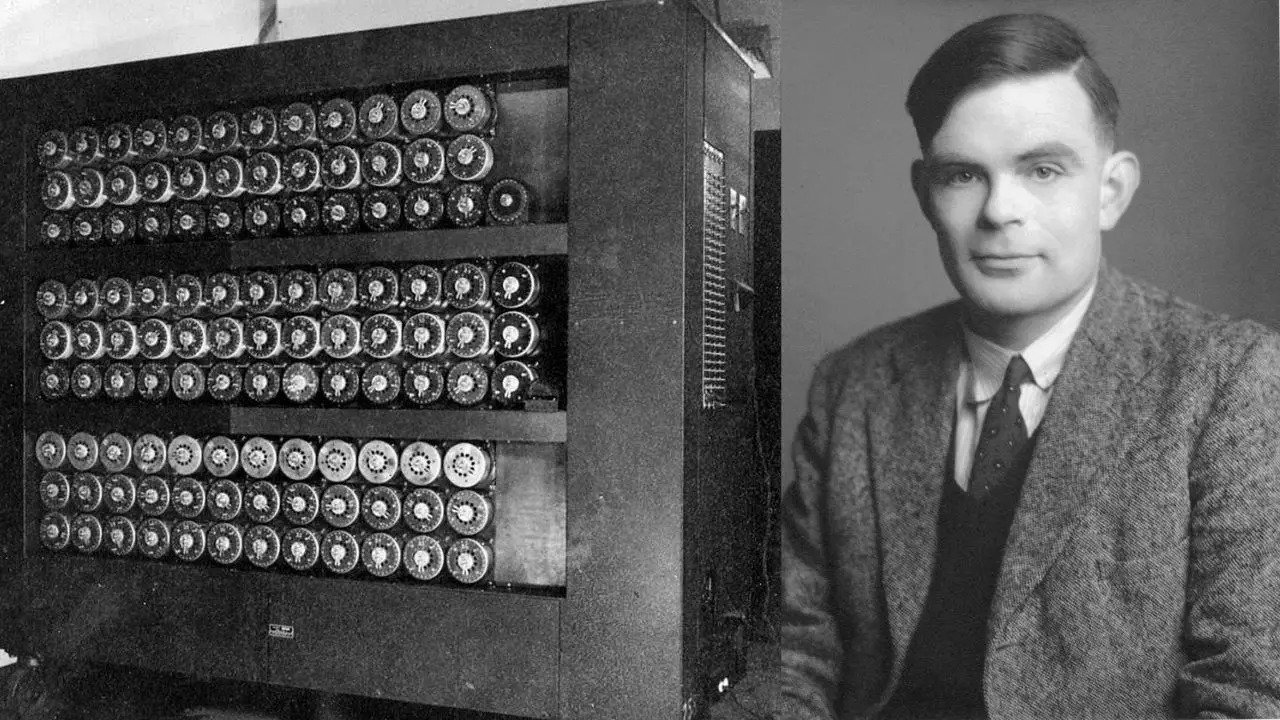If you like reading about philosophy, here’s a free, weekly newsletter with articles just like this one: Send it to me!
The problem with new year resolutions
It’s that time of year again, where everyone goes and makes their resolutions. Fewer sweets in the new year. More exercise. Less TV. More carrots and kale smoothies.
Many resolutions stay on this level: small, practical changes that are born mostly out of guilt, because we’re not behaving as we know we should. Most of these resolutions soon are forgotten and fall by the wayside. Come March, we’ll all be back to eating sweets, watching TV, and steering clear of kale smoothies and excessive sweating.
But does it have to be like that?

This has the advantage that, at least initially, it can be a totally private project: our inner exploration of how life could be and feel different. Such an exploration of one’s inner spaces does not require others to agree with us, to cooperate, or to change their ways. And therefore, it is much more likely to succeed. It will create in us a lasting change, a knowledge and a feeling of a different life, a life better lived, a memory that we can tap into for the rest of our days.
The philosophical new year resolution
So what would a philosophical new year resolution look like?
For millennia, humanity’s greatest minds have thought about how we can improve our lives. How we can live more happily and meaningfully, how we can feel that our lives have purpose and value, how we can best deal with adversity, bad luck, depression and illness. The best of philosophy has always been about how to confront life in a way that allows us to master it rather than to be beaten by it; how to live with strength and dignity, rather than with fear; how to feel that we are in control of our destiny, rather than being kicked around by fate.
How about, then, we try some of that out?
Let’s do this together.
The project: One Year, Six Ways to find happiness
In the coming year, we will try out one classic philosophy of life every two months; six different paths to wisdom over the whole year.
This will give us enough time to get to know the basic principles of each way of thought, to read some of the great thinkers of each system, and to practice each philosophical tradition ourselves, putting it to work in our own lives. At the end of the year, we will be able to judge for ourselves which of these theories are better for us than others, which gave us most happiness and helped us most reduce our fear and anxiety, which make us feel …
Read the full article which is published on Daily Philosophy (external link)





